In this do-it-all-from-the-desk age made possible by all things online, it’s more important than ever to participate in organizations that allow opportunity for networking, advanced education, and industry involvement. Some associations do all that and more—worth the bucks it takes to join while returning value in tangible and intangible ways. Here are QSR’s top picks.
Research Chefs Association (RCA)
The Research Chefs Association’s 2,300 members, who are largely culinarians, food scientists, students, and manufacturers, are a microcosm of the food research and development world, reflecting the entire R&D process from concept to market.
RCA’s focus is clear, promoting its coined term and discipline culinology, the blending of culinary arts and the science of food.
For Sheila Carpenter, in R&D with Southeastern Mills Custom Food Coatings, of Rome, Georgia, the membership dues are more than offset by the value of learning food trends among the association’s chef members.
“I see what they are doing and bring those ideas to the mass market,” she says of the batters, breadings, and seasonings she helps the company develop.
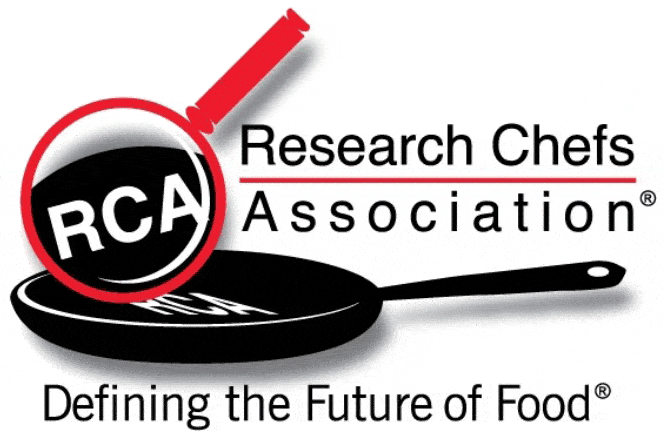 Annual membership fees vary by discipline: $135 for culinology and chef members and $400 for suppliers, distributors, and sales and marketing professionals.
Annual membership fees vary by discipline: $135 for culinology and chef members and $400 for suppliers, distributors, and sales and marketing professionals.
“Being an active member of RCA lends me a lot of credibility and professional recognition,” says chef and food scientist Susan Edwards with Cryovac Food Solutions, of Duncan, South Carolina. She is on RCA’s board of directors.
“When I go to meet a new person, if I tell them my title, that’s one thing,” she says. “But when I mention something about RCA, it’s a whole different conversation, and it matters.”
For others, the designation of Certified Research Chef or Certified Culinary Scientist, matters. RCA is the certifier of those credentials.
Among the tangible benefits of an RCA membership are subscriptions to RCA and related publications, access to members-only online features like the membership directory, access to a list of job postings, and discounts to RCA events, workshops, and certification programs.
International Food Service Executives Association (IFSEA)
 For the upper echelon in foodservice and hospitality, whether it’s executive chefs, restaurant owners, general managers, catering directors, or others in management, membership in the International Food Service Executives Association provides benefits that other organizations can’t.
For the upper echelon in foodservice and hospitality, whether it’s executive chefs, restaurant owners, general managers, catering directors, or others in management, membership in the International Food Service Executives Association provides benefits that other organizations can’t.
IFSEA, founded in 1901, is particularly appealing to executives with a heart for the military. It assists the Army and Navy by evaluating their foodservice programs, allowing members to travel as evaluators.
IFSEA serves as an intimate fraternity of about 800 executives and would-be leaders from a broad range of foodservice operations, providing support, education, and Food Service Executive certification. It is also well suited for students and those already in the industry who want to move into management positions. The joining fee for them is $49.
IFSEA’s Certified Foodservice Executive Program is one of the first foodservice certification programs in the country, and in May the association revised its program, giving more importance to industry experience in order to receive one of the three certification designations.
Using a point system, certification requirements involve education, experience, and industry service.
Helping students rise in the foodservice industry is fulfilling to IFSEA member Dave Orosz, corporate director of revenue management for Noble Investment Group, an Atlanta-based franchise company that focuses on hotels. He is involved in the Scholarship Program.
“I want to see [students] succeed, helping them further their career as they are getting started,” he says, adding that when he was in college, the IFSEA chairman got him involved in IFSEA.
National Restaurant Association (NRA)
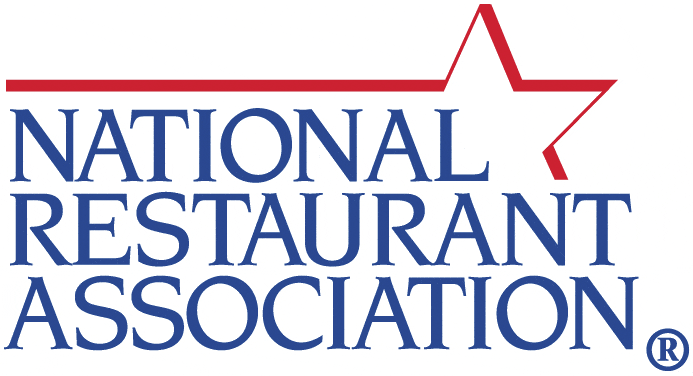 The Daddy of all foodservice associations, the National Restaurant Association has its finger on the industry pulse, and membership allows access to research and benchmarking best practices to the 400,000 member locations with about 40,000 organizational members.
The Daddy of all foodservice associations, the National Restaurant Association has its finger on the industry pulse, and membership allows access to research and benchmarking best practices to the 400,000 member locations with about 40,000 organizational members.
The NRA has a dual membership agreement with the network of 53 state restaurant associations, and as a result, the cost to join NRA varies by state.
Industry advocacy is one of NRA’s stand-out features, which benefits members and nonmembers. Membership, however, provides the opportunity to engage in the advocacy process.
“Members work with us and the state associations, forming policy positions,” says James Balda, NRA’s chief marketing and communications officer.
The association also serves as a trusted advisor on important issues, like health care reform, food safety, credit card processing, and sustainability. In areas like these, it develops programs, materials, webinars, and research reports to members.
While NRA’s annual Restaurant, Hotel-Motel Show is the premier industry trade show, the state associations offer their own bevy of networking and education events.
Executive study groups focusing op topics like human resources, information technology, and tax and finance, meet once or twice a year in a conference format to share best practices.
Training the next generation of foodservice operators is another main focus of NRA through its Education Foundation, providing scholarships, and its ProStart two-year program for high school students, complete with culinary competitions.
NRA members come from all segments of restaurants and foodservice operations as well as allied industries, such as suppliers, distributors, consultants, and educators and students.
[pagebreak]
International Franchise Association (IFA)
Among the 1,150 franchisor members of the International Franchise Association, restaurants and other foodservice businesses comprise about 40 percent of the membership. Membership numbers are larger at about 12,000 among franchisees.
While education and networking are the stand-out member benefits, this year the association rolled out its web-based On-Track-Performance Benchmarking for Franchisors tool, which allows IFA members to compare the performance of their franchise systems with their peers in five areas. It also members gives access to reports to see comparisons on franchise leads and closing costs, training and support costs per franchise unit, same store sales, net growth, and employee allocations.
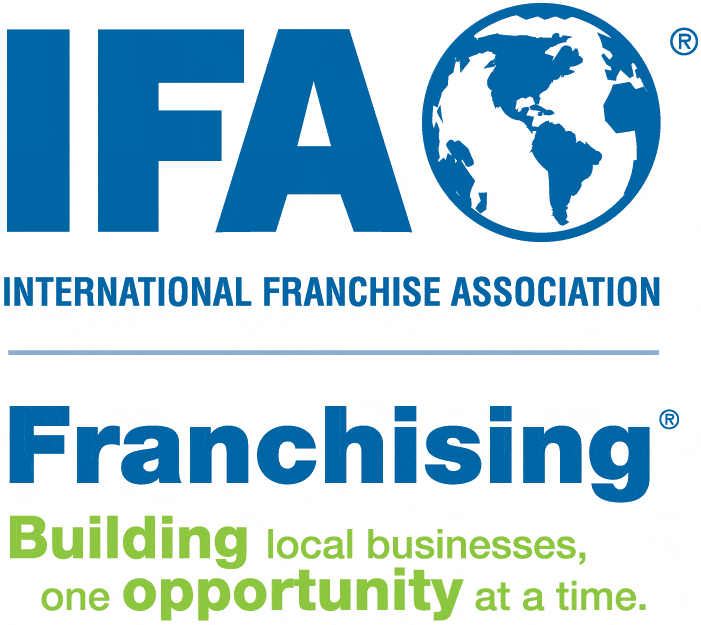 The new intelligence may make the annual membership fee a little more palatable for franchisor members, whose dues are based on their number of units and systemwide revenues (it can range from $1,500 to $30,000 annually). Members receive access to research studies on important topics, such as credit and capital access, and a franchise leader survey. Product and service suppliers also can join IFA for $2,900 a year.
The new intelligence may make the annual membership fee a little more palatable for franchisor members, whose dues are based on their number of units and systemwide revenues (it can range from $1,500 to $30,000 annually). Members receive access to research studies on important topics, such as credit and capital access, and a franchise leader survey. Product and service suppliers also can join IFA for $2,900 a year.
Membership also gives credibility to franchisors as they are listed on the IFA website and printed directory.
“Referrals to members from IFA are pretty important,” says Scott Lehr, vice president for membership. On average, its website receives 200,000 unique visitors a month, and many find franchise opportunities among the franchisors listed.
Within the past year, IFA launched a mentoring program called Franship, segmented by franchisors, franchisees, and suppliers.
“It allows people to reach out to some long-time members and get connected and ask questions to create a mentor-mentee relationship,” Lehr says.
Women’s Foodservice Forum (WFF)
www.womensfoodserviceforum.com
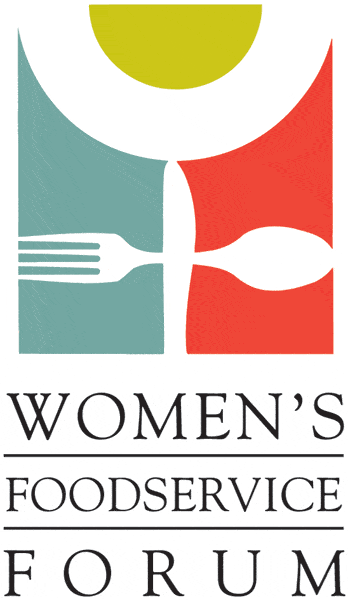 The Women’s Foodservice Forum helps women make connections and develop as leaders in the foodservice industry. Focusing on 12 core competencies women must have to succeed, WFF’s website offers free career competency assessment for members, from emerging leaders to executives, allowing them to choose programming based on their assessment.
The Women’s Foodservice Forum helps women make connections and develop as leaders in the foodservice industry. Focusing on 12 core competencies women must have to succeed, WFF’s website offers free career competency assessment for members, from emerging leaders to executives, allowing them to choose programming based on their assessment.
“The WFF’s Leadership Competency Assessment is a tool I access regularly and highly recommend to others,” says Terrian Barnes, global diversity and inclusion officer for Yum! Brands Inc., in Louisville, Kentucky.
She has been a WFF leader since its founding in the late 1980s as a Yum! Brands ambassador, committee chair, and volunteer.
While WFF has 3,700 members, it estimates it has touched more than 10,000 people, and its goal is to engage more than 100,000, says Gretchen Sussman, vice president of sponsor and industry relations. This happens through the annual leadership conference, webinars (which some companies use as Lunch-and-Learns), and other leadership development tools. It conducts educational and networking programs called Regional Connects in about 40 cities—made possible by members who serve as volunteers, which helps to build their leadership skills.
The association recently announced a new partnership with the Center for Executive Women at Kellogg School of Management at Northwestern University to offer WFF members enhanced educational programming leading to leadership certification.
The $295 membership cost is in flux, as Sussman, who recently joined the staff, evaluates the cost structure, advising that the membership fee may be reduced.
Multicultural Foodservice & Hospitality Alliance (MFHA)
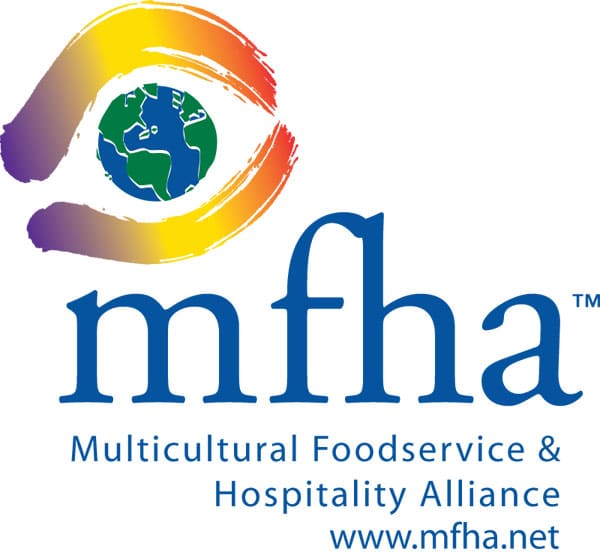 Membership in the Multicultural Foodservice & Hospitality Alliance is especially useful for foodservice operations that want to brand themselves as culturally diverse. Some 67 foodservice operations have done so, as well as 700 manufacturers and individuals who are committed to the association’s cause to help companies attract, develop, and retain diverse and multicultural talent.
Membership in the Multicultural Foodservice & Hospitality Alliance is especially useful for foodservice operations that want to brand themselves as culturally diverse. Some 67 foodservice operations have done so, as well as 700 manufacturers and individuals who are committed to the association’s cause to help companies attract, develop, and retain diverse and multicultural talent.
Much of MFHA’s strength is in its founder and president Gerald (Gerry) Fernandez Sr., who knows the dedication and competencies of nearly every foodservice leader and company that is committed to workplace diversity. He refers to them in phone calls, presentations, and in print, thus helping to brand them as culturally inclusive. “We are the multicultural ‘Yellow Pages.’ If you want something, you call us,” he says.
Membership is expensive, $10,000−$25,000 for corporate members, $900−$1,500 for small companies, $5,000 for the next level up, and $75 for individuals. Besides touting multicultural corporations on its website and elsewhere, MFHA representatives are out selling the foodservice industry to multicultural schools and groups nationally and communicate with minority publications. The association also has a benchmarking survey on key issues, offers training, and helps companies build diversity programs and disaster plans in the event of a cultural faux pas. MFHA offers webinars, networking conference calls, and sets up receptions and events in conjunction with other foodservice conferences.
Yum! Brands’ Barnes was an MFHA founding board member and remains active. “I appreciate the fact that MFHA pushes me out of my comfort zone and allows me to experience the full depth and breadth of diversity and inclusion,” she says.











